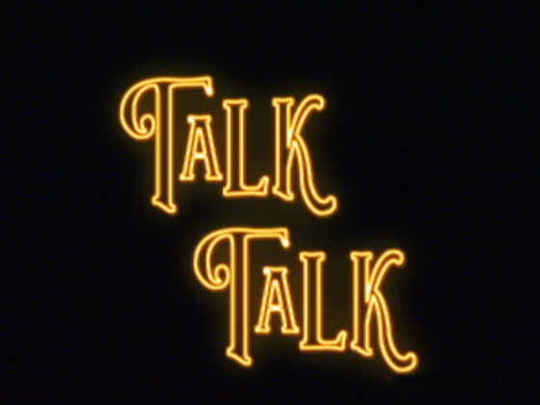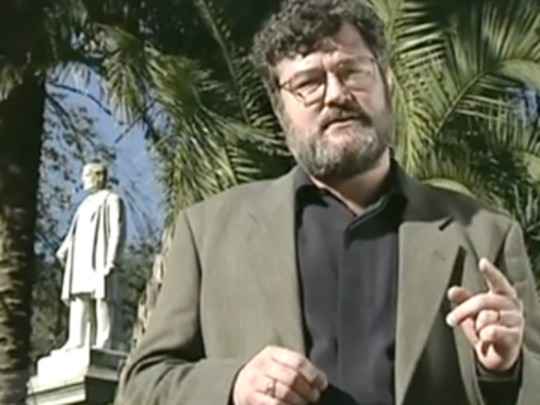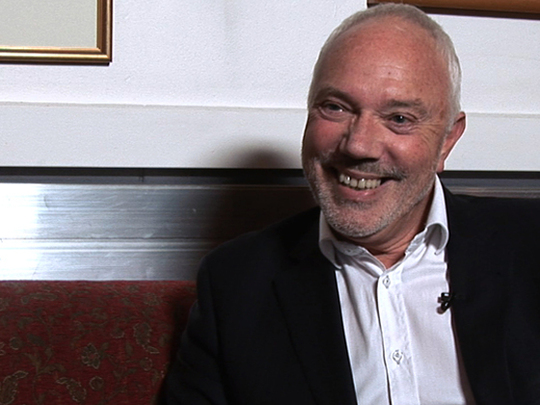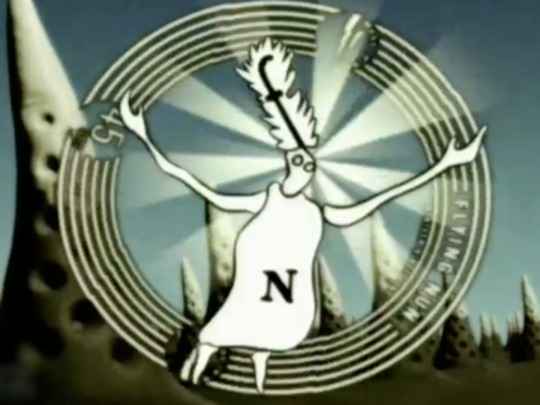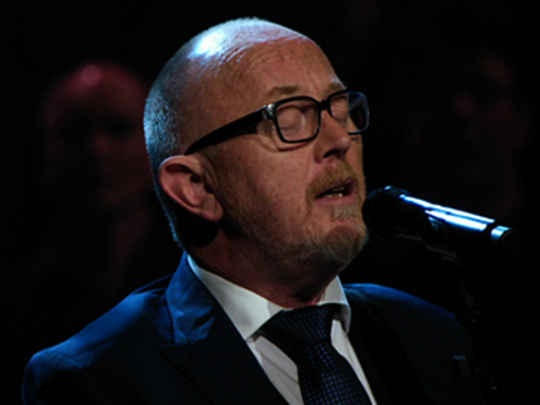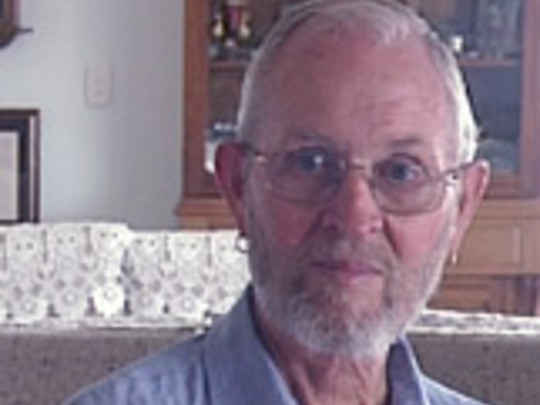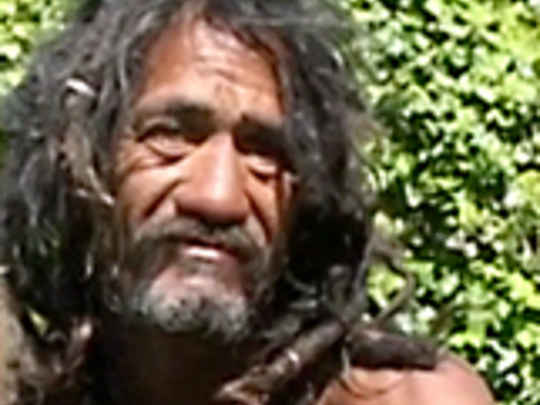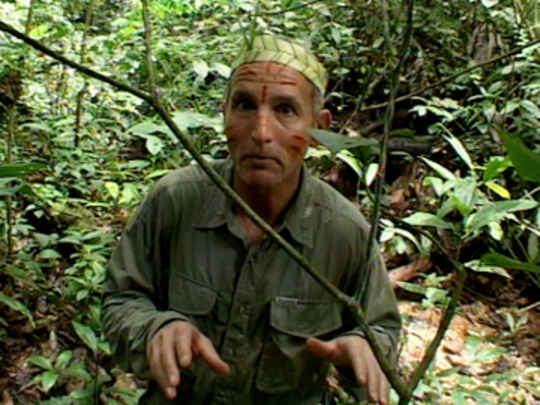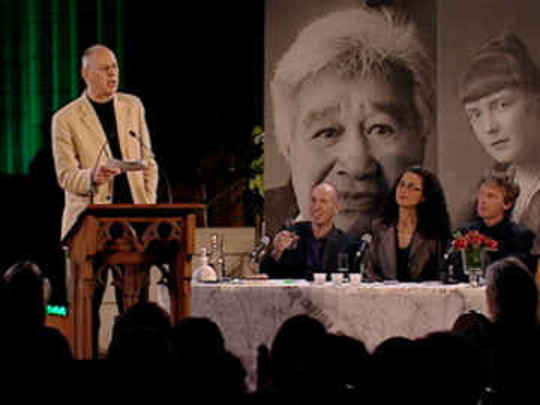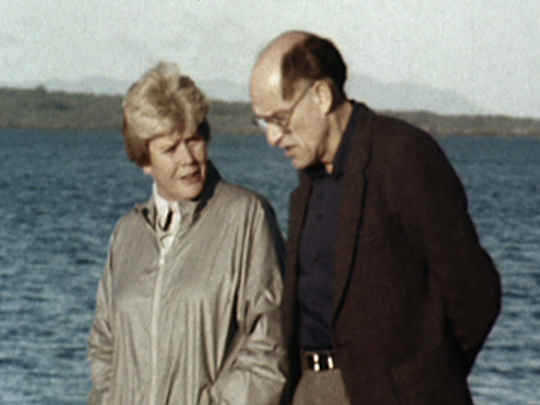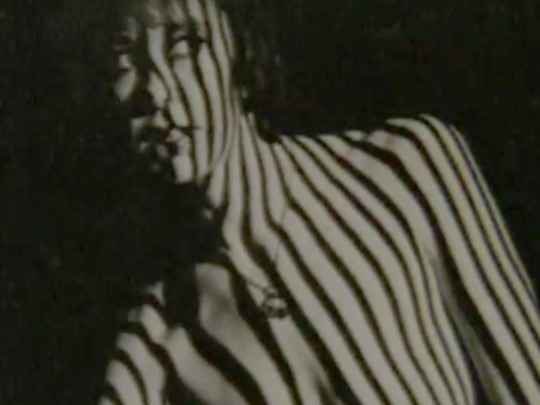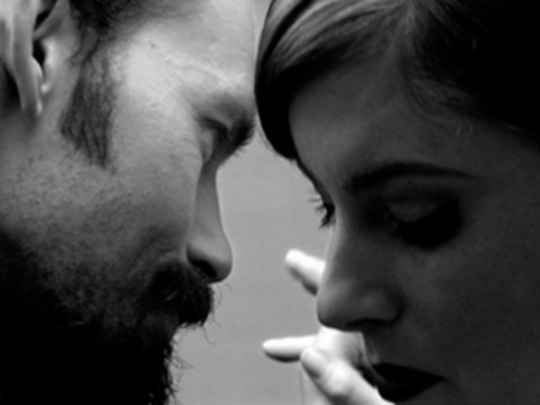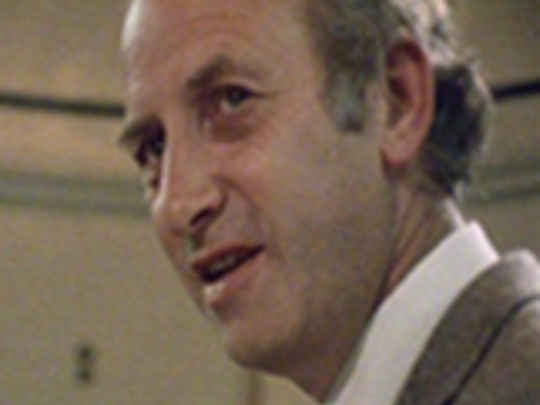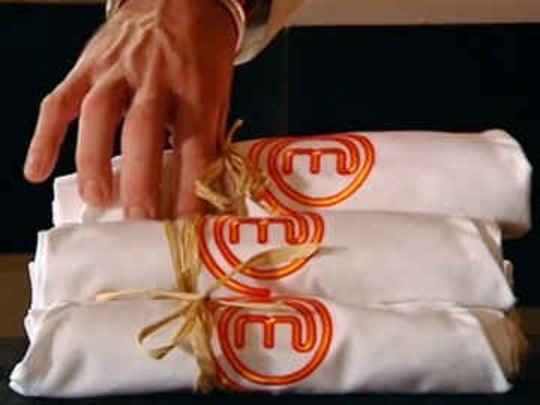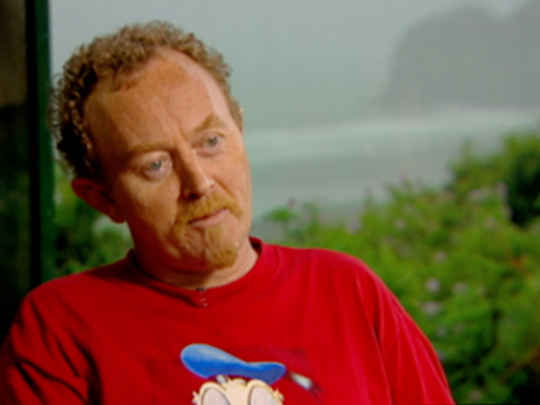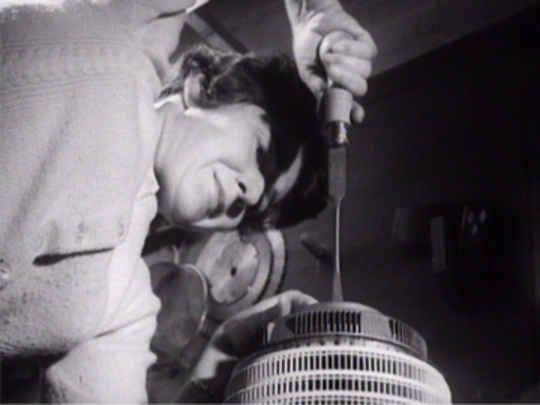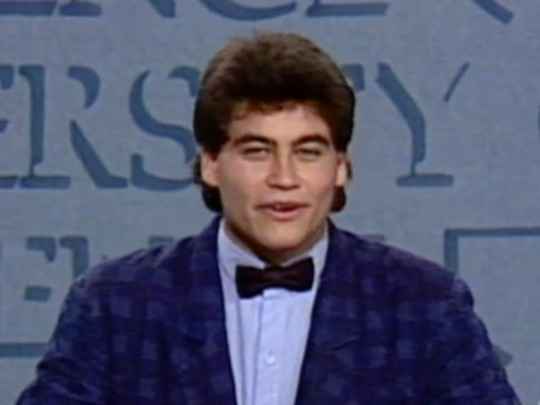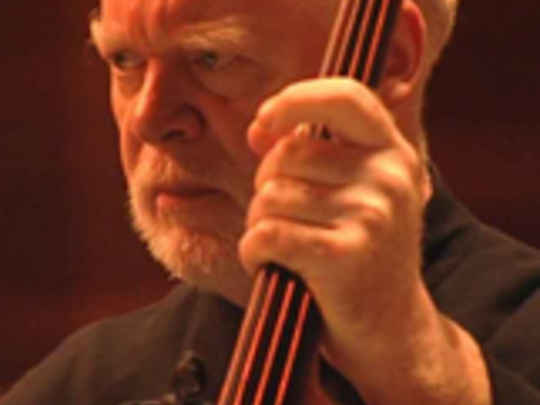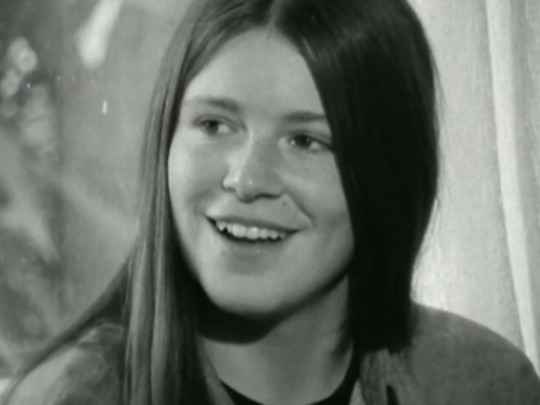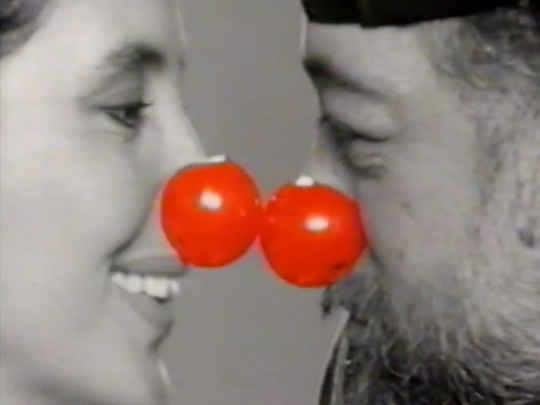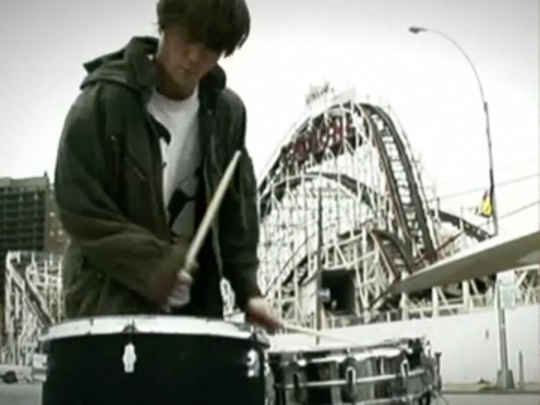1: Michael Laws, Opensouls
2: Charlotte Grimshaw, The Bellbirds
3: Richard Faull, Stephen De Pledge
4: Elizabeth Hanan, Lisa Chung
5: James Belich, Hammond Gamble
6: Roger Shepherd, Andrew Wilson
7: Catherine Healey, The Midnights
8: Nándor Tánczos, Steve Abel
9: Bob Jones, Jade String Quartet
10: Dave Dobbyn
11: Bob Parker, Ariana Tikao
12: Kevin Roberts, Artisan Guns
13: Raymond McVinnie
14: Silvia Cartwright, Emma Sloman
15: Charles Chauvel, Shona Laing
Talk Talk - Series Four
Television (Full Length Episodes) – 2010
I can't sort of generalise about what other New Zealand writers are doing, but what I'm really interested in is writing about our contemporary New Zealand society, because I think it's really interesting. There's a hell of a lot going on, it's fascinating.
– Writer Charlotte Grimshaw on writing about contemporary New Zealand, in episode two
You've got to remember why I wanted to be Mayor of Whanganui. It wasn't because I was interested in politics at all. It was that I live there and I was going 'oh my God, you know, they can't do that.' And then I suddenly realised I opined one too many times at a dinner party and went, well, if they're not going to do anything about it, I have to.
– Whanganui Mayor Michael Laws on what drew him to local politics, in episode one
The brain's the last frontier, I think, of biology. We've solved and we understand all the other major organs . . . What's your soul? How do you think? What's an intuitive thought? What's memory? We don't know any of this. . ..
– Brain expert Richard Faull on the complex work of studying the human brain, early in episode three
One has to of course be cautious about trying to understand the past purely in terms of the present. Because if you did so you'd write out the losers, and although it's I think legitimate to consider the causes of the present, that can never be the only strand in good history...you've got to look at futures that didn't happen as well as futures that did...
– Historian James Belich on avoiding looking at the past through today's eyes, in episode five
Part of starting the label was having no idea about what was involved . . . if I'd had any comprehension about what was actually involved I wouldn't have done it. It essentially was, it was all done on credit . . . back then you could go to the pressing plant in Wellington, you could go to the people that made and folded the record covers, and just open an account. So you could get the records out, get the money back in and pay them.
– Roger Shepherd on the early days of starting up Flying Nun Records in 1981, in episode six
I said "I'm sure you think we're all at it down under you know, with viagra on our breath", or words to that effect...
– NZ Prostitutes' Collective founder Catherine Healey on her nod to David Lange's famous line at a Oxford University Union debate while campaigning to decriminalise sex work, in episode seven
I guess there was a part of me that did really like it, and that's kind of one of the things I'm always cautious of, because in politics you very quickly slip into liking it so much that you want to be there. And I always felt that I was only able to do the job effectively because being there wasn't as important as what I was there to do. But I think, especially if you stay there for too long, people very quickly slip into it's more important to be there than . . . that's one of the problems with governments; I think governments get to a stage where remaining in government is more important than what they want to get elected to achieve. And so you become coopted by the system in that way.
– Former Green MP Nándor Tánczos on seeking political power and keeping it, early in episode eight
You're indestructible when you're really young, and you don't think about your mortality . . . [now] I haven't got time to smoke, I haven't got time to drink, I haven't got time to do any of those things; there's too much work to do, and there's too much fun to be had.
– Songwriter Dave Dobbyn on not missing old rock and roll habits, in episode ten
...science and technology are our future, whether we like it or not.
– Science ambassador Elizabeth Hanan, in episode four
...as I get older I get slightly more philosophical about life, and I'm really interested in my city. I'm really interested in the big issues that we have to tackle into the future. And I'm one of those people who, as you probably note, I'm a bit loquacious. I'm a bit inclined to want to talk ... I do, I love conversation.
– TV presenter turned Christchurch Mayor Bob Parker on why he made the shift to politics, in episode 11
...I feel very strongly that women should have opportunities to use their talents to the best of their ability. And in some ways that comes from my very deeply christian upbringing which said use your talents; don't waste your talents, and so many women's talents were being wasted.
– Dame Sylvia Cartwright on being seen as a feminist, in episode 14
It's absolutely about food, otherwise people wouldn't watch it so much. I think one of the reasons that people like to watch cooking TV is they don't get to hang out in the kitchen enough anymore, so watching food TV is a great way to hang out in the kitchen.
– Ex Masterchef NZ judge Ray McVinnie on the appeal of cooking shows, early in episode 13
I learnt about first of all priceless value, the concept of priceless value. It's not just about price, it's not just about performance. The great brands are purpose-inspired, benefit-driven, so I learnt that from P and G.
– Marketing executive Kevin Roberts on lessons learnt while working at Procter & Gamble, in episode 12
...I'm not ashamed of who I am by any means, so I thought the best policy was simply to answer questions that had been put to me honestly. To open the newspaper and to see The Dominion Post say that I was "trumpeting" my sexual orientation, when all I was trying to do was answer questions honestly from a journalist, made me realise why so many people choose not to take that approach.
– MP Charles Chauvel on managing the media's response to his sexual orientation, in episode 15
...I told one lot that if they went to Westport at the beginning of the next month . . . and they walked up and down the main street carrying a red handbag, they'd meet the love of their life . . . When that week came around we rung NAC, Air New Zealand's forerunner, and said we want to go to Westport. "Oh, there must be a huge conference or something. We're trying to put on extra flights!"
– Property investor Robert Jones on writing a horoscope saying romance lay in Westport, in episode nine

